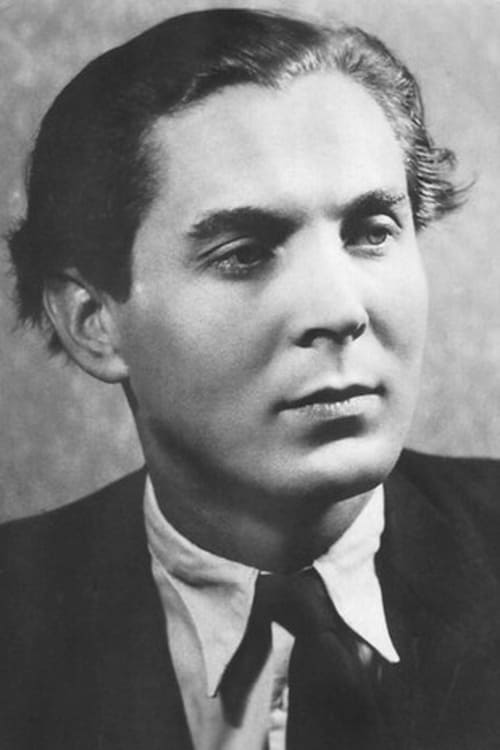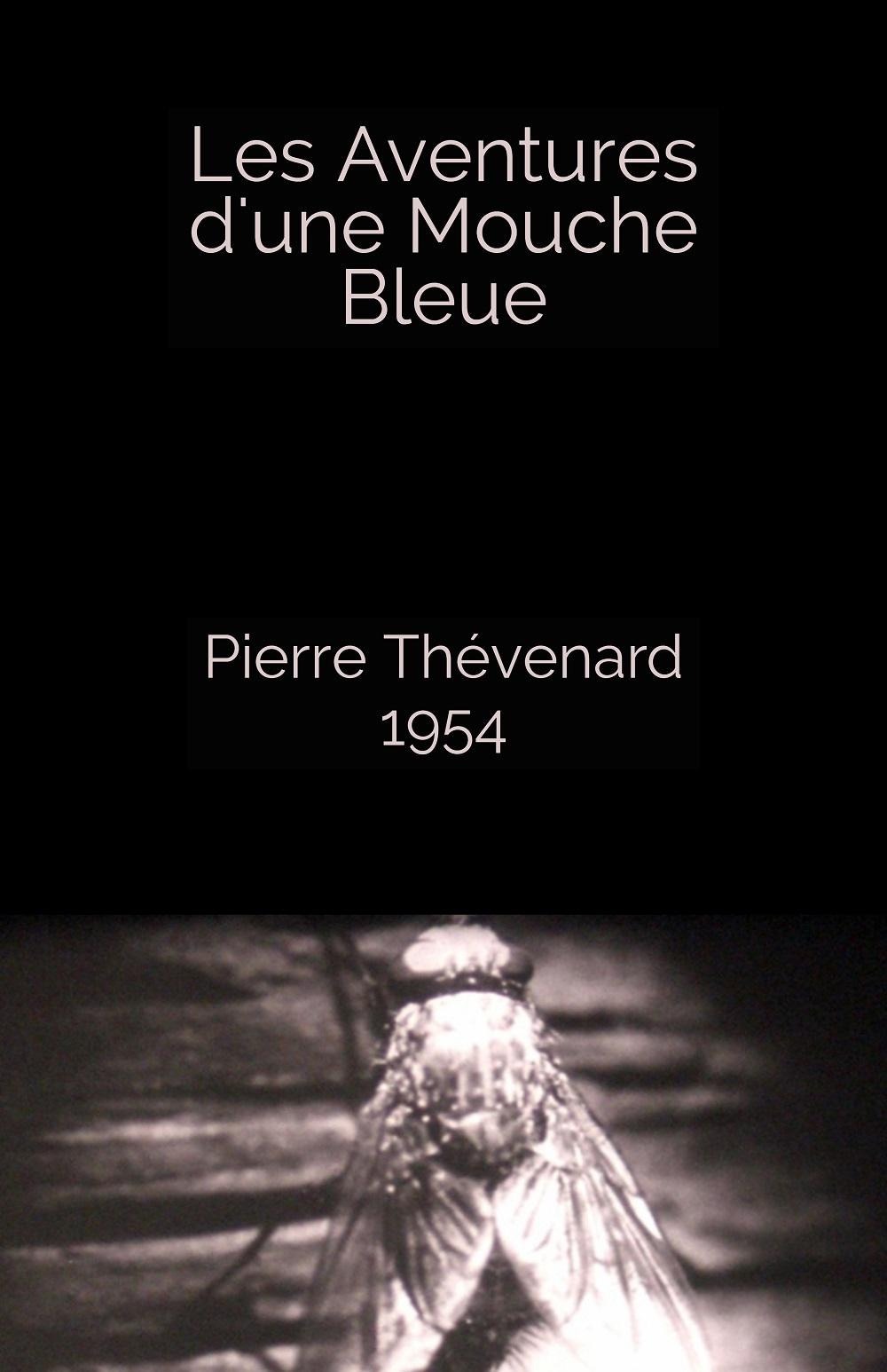
Vosička Aphelinus Mali
Watch Movie
Share
Vosička Aphelinus Mali
1954
00.0(0 votes)
Documentary
Overview
Links & Resources
Social & External
Production Companies
Cast & Crew
2 members
Acting
Jaromír Spal
Commentary (voice)

Acting
Eva Šedová
Commentary (voice)
No Image

